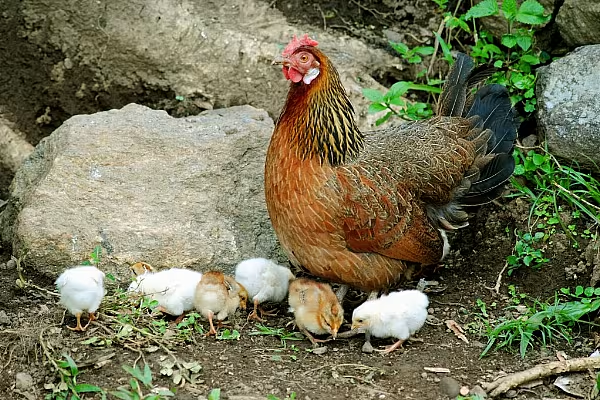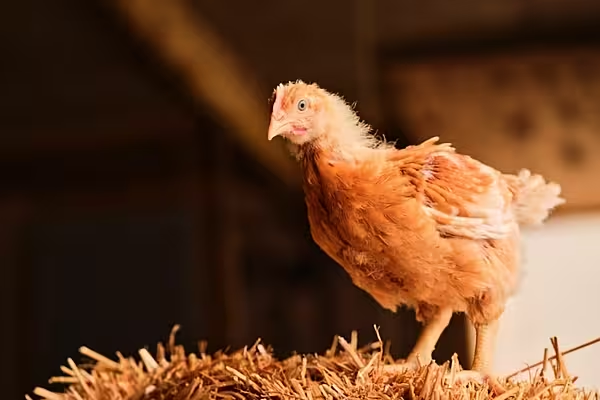France is to allow poultry farms in southwestern areas hit by a severe strain of avian influenza to resume production after a sharp fall in new cases of the disease, the agriculture ministry has said.
France is among European countries to have seen the H5N8 bird flu virus spread this winter from wild birds to farm poultry.
Authorities have carried out mass culling of flocks to stem the disease, with France slaughtering around 3 million birds, mostly ducks.
Decline In Outbreaks
The number of new outbreaks of the virus in France had fallen to five in the first week of March compared with nearly 130 in the first week of January, while in the most-affected region of the Landes no new cases have been recorded in the last month, the ministry said in a statement on Friday.
"This means that the drastic measures deployed to limit the spread of the virus ... have brought results," it said.
Farms in southwestern zones that have previously been subject to mass culling will be able to resume breeding for certain poultry types, including chickens, although flocks would be confined indoors.
A ban on rearing ducks and geese in such areas would continue until the H5N8 epidemic was completely over, given the particular vulnerability of these animals to the virus, the ministry added.
Risk Of Bird Flu
The risk of bird flu remained high in France and Europe, the ministry said, noting two cases this week in northeast France and 39 cases among wild birds in Europe last weekend.
While often deadly for birds, such viruses are rarely transmitted to humans and are not known to pose a risk for eating poultry products.
However, a first case of A(H5N8) bird flu being passed to humans - workers at a Russian poultry plant - raised concern the virus could mutate.











